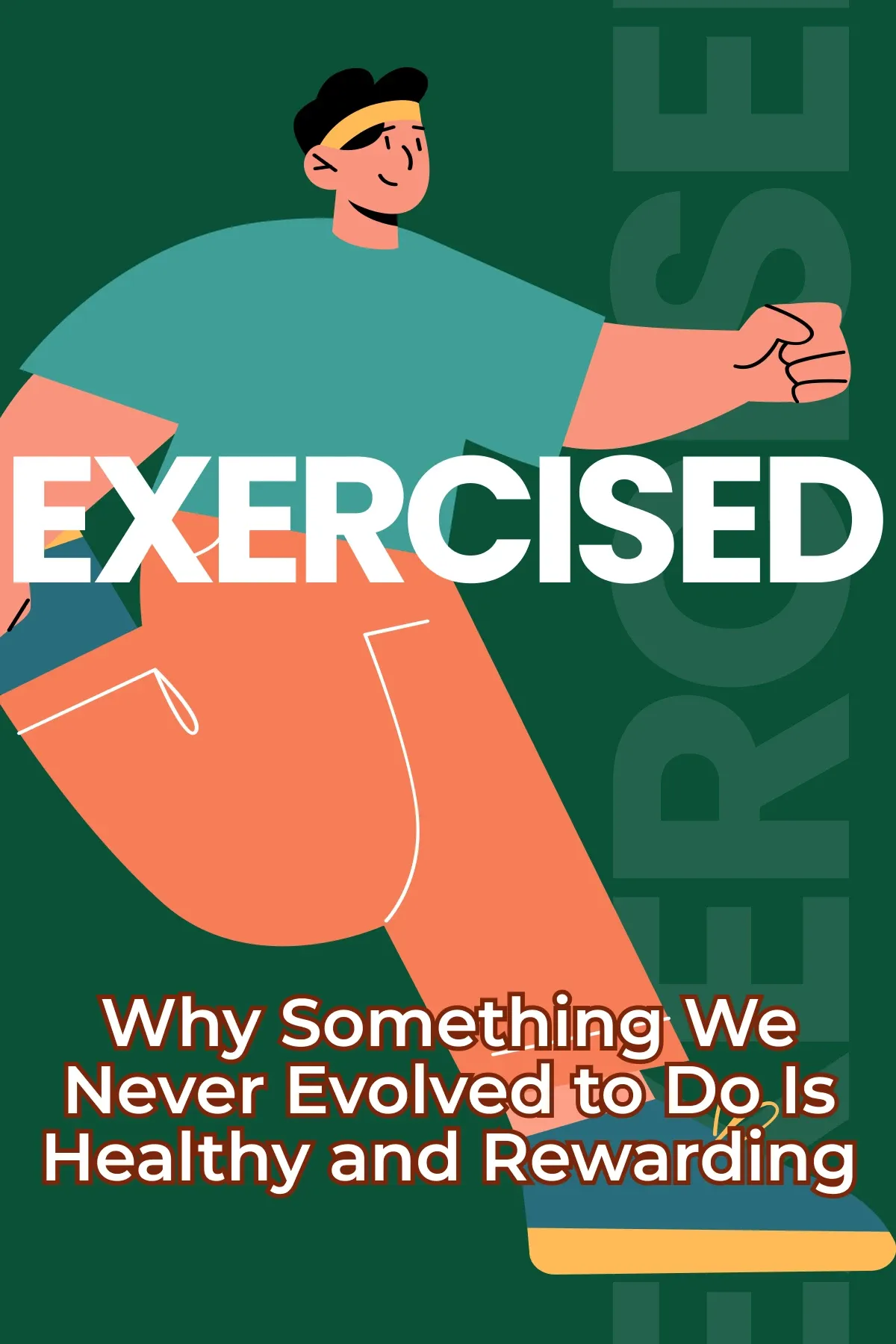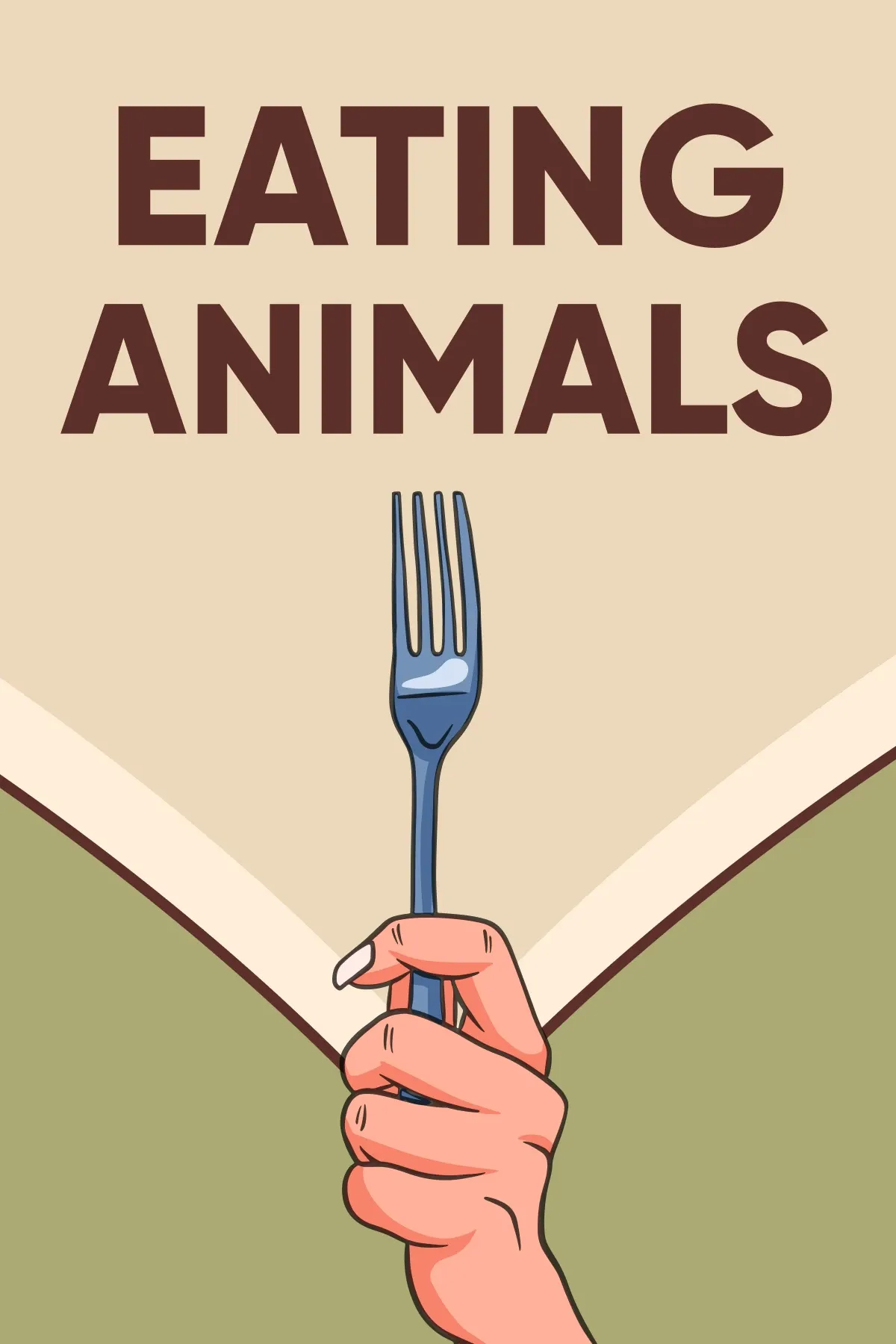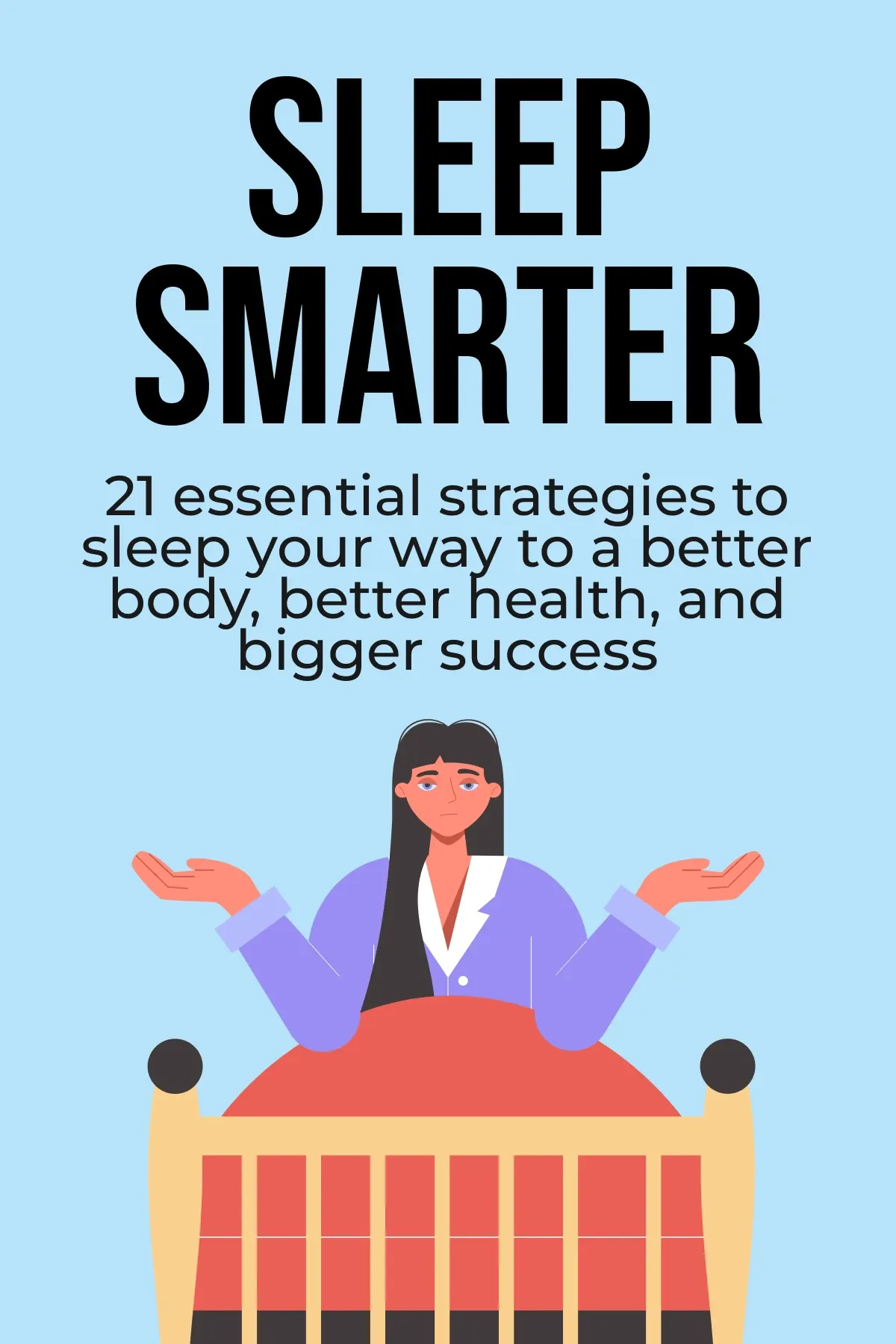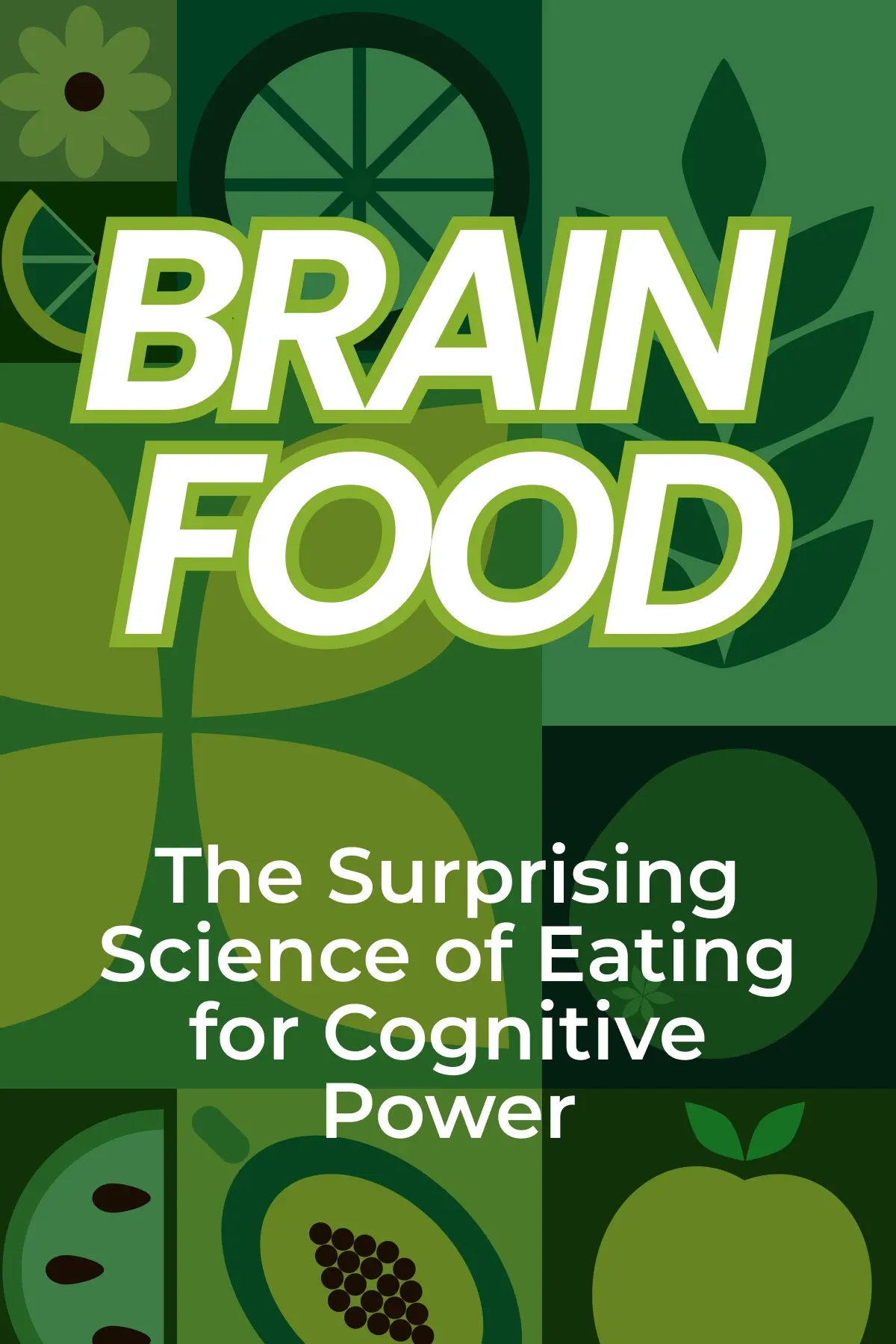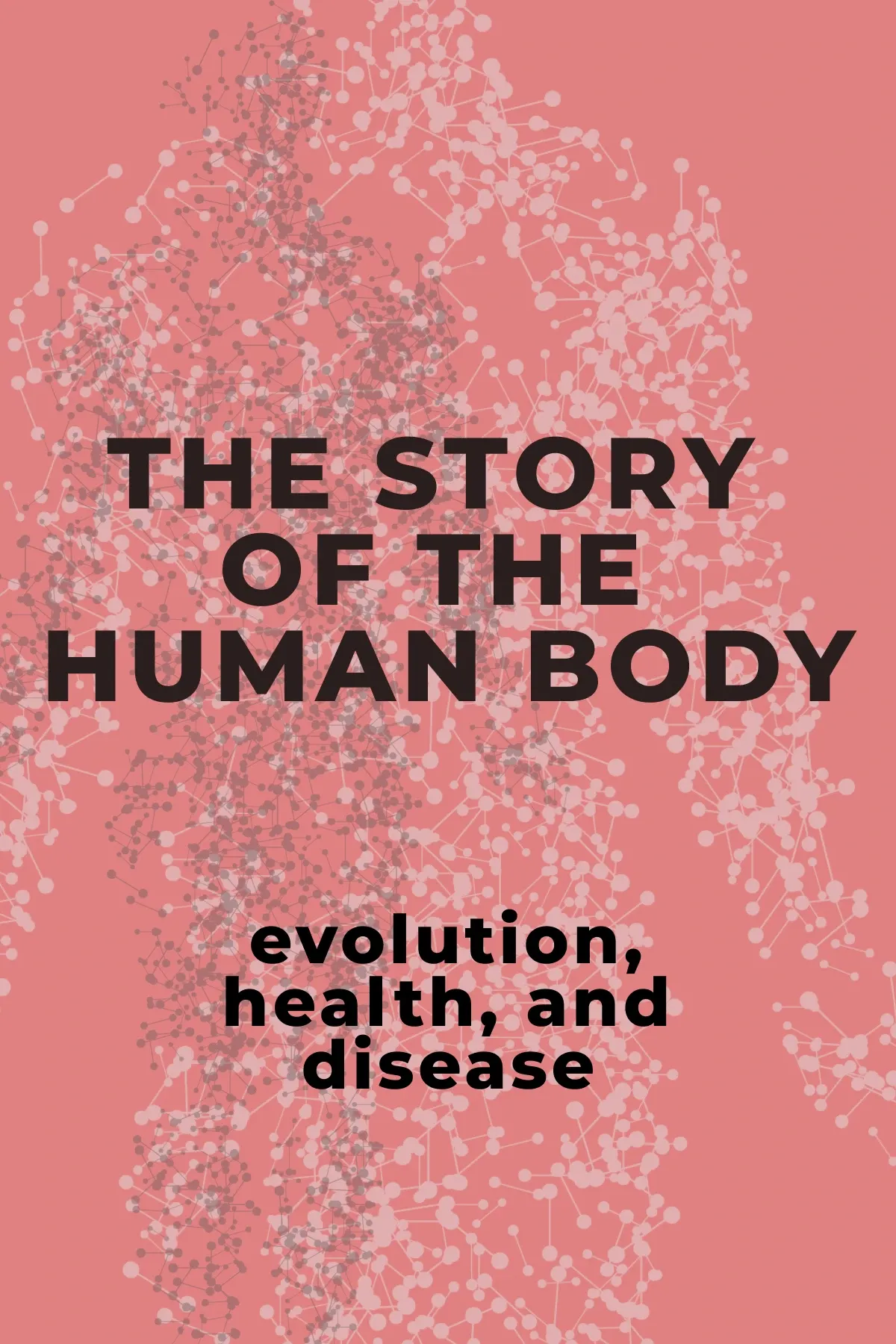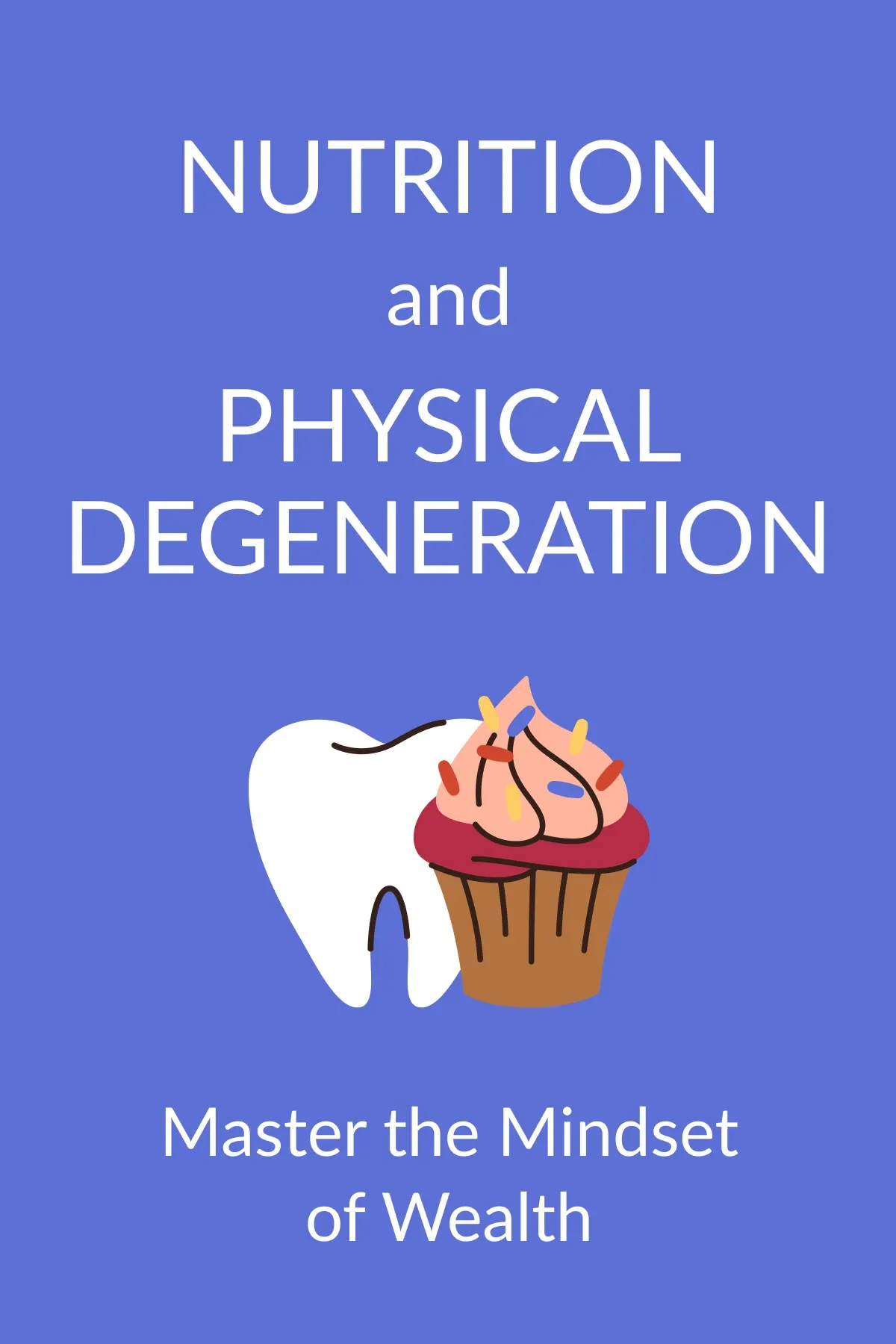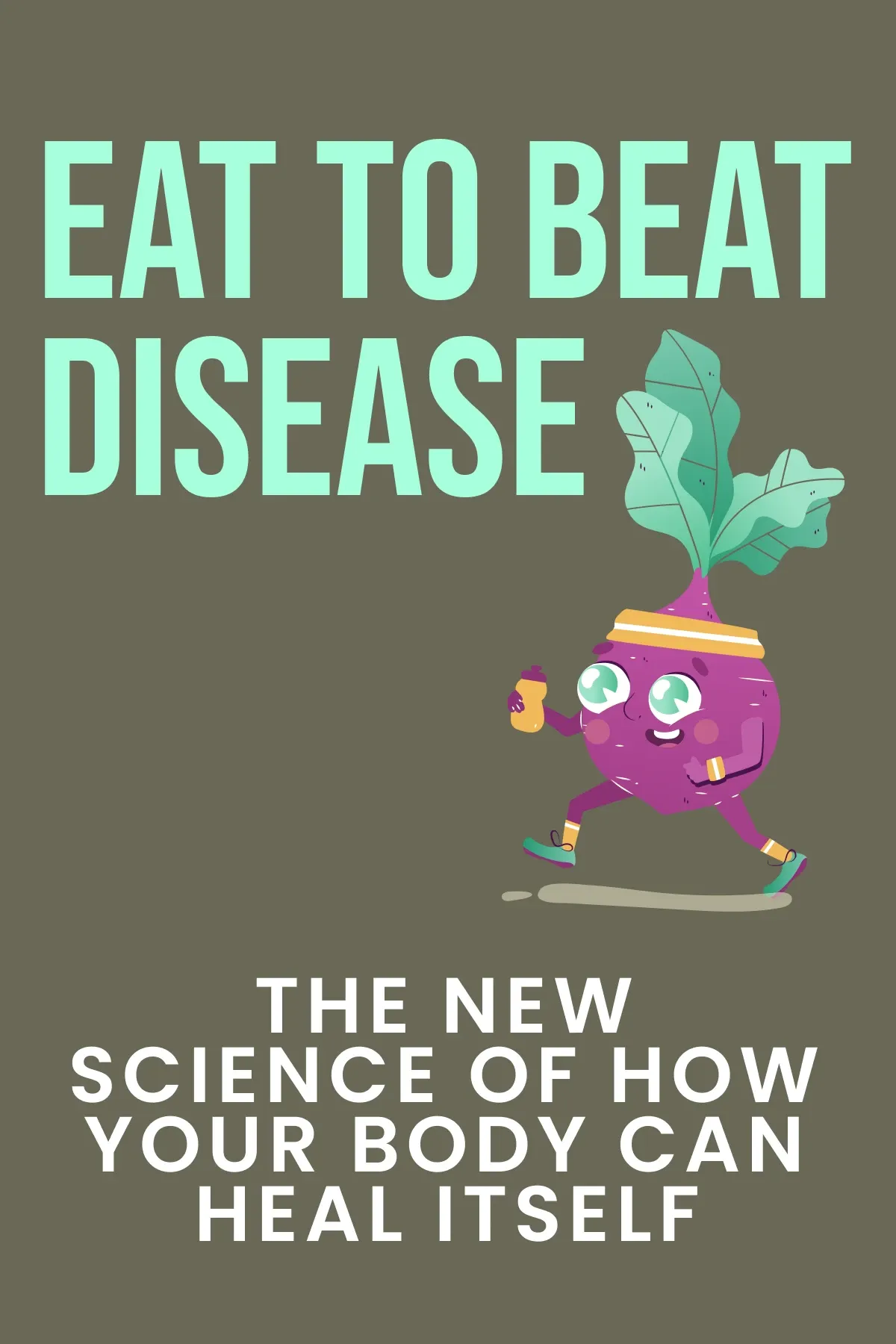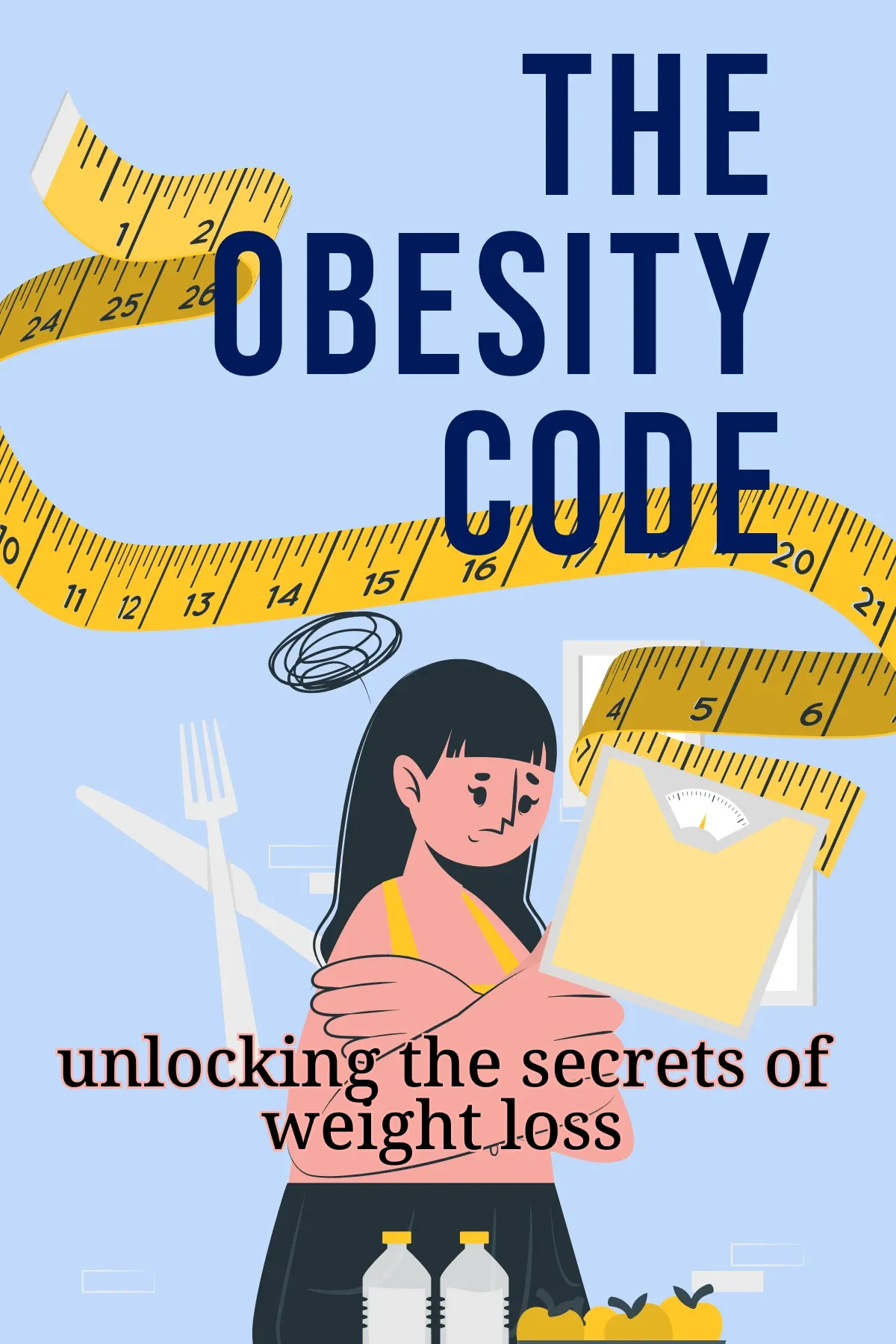
Why We Sleep
Brief Summary
Lack of sleep impairs our memory, learning, and cognitive capacities, damages the brain, and raises our chance of developing various illnesses. Dr. Matthew Walker, who teaches psychology and neuroscience at UC Berkeley, reveals how to sleep properly and gives some useful recommendations to have better day and night cycles.
Topics
Key points
Key idea 1 of 6
Despite spending one-third of our lives sleeping, we often fail to appreciate its importance. People typically learn the value of a balanced diet and regular exercise in school. However, we are not taught the value of sleep nor how to get more rest. Almost two-thirds of people in developed nations sleep less than 8 hours every night. Furthermore, many people take pride in functioning on minimal sleep in the name of greater productivity or success. But those individuals forget the disastrous effects it might cause.
Did you know you are three times more likely to crash your automobile if you sleep less than five hours? In fact, more automobile accidents are caused by drowsy driving than by alcohol and drugs combined. This happens because sleep deprivation triggers "microsleeps," brief moments of complete unconsciousness.
According to research, under-rested workers prefer simple, low-effort jobs like checking emails. Yet, those who got adequate sleep were more likely to perform challenging jobs and advance their careers. In the 1990s, NASA established a nap culture across the whole corporation after realizing the value of sleep. They discovered that even brief periods of sleep of 26 minutes or less boost job-performance by 34% and alertness by 54%.
Sleep is also necessary for your immune system to fight off illnesses and infections. Your chance of developing cancer doubles if you get fewer than six hours of sleep each night. In another study, those who slept for only five hours a night had a 32% higher risk of developing the common cold. Similarly, sleep issues are a contributing factor in all serious mental health issues, including depression and anxiety. In one of Walker's research, it was shown that when individuals don't get enough sleep, their brains become much more emotionally reactive, pushing their bodies into a constant state of tension and fight-or-flight. The lack of sleep lowers levels of the hormone leptin, which makes us feel full, while raising hormone ghrelin levels makes us feel hungry.
The experiment of Dr. Eve Van Cauter of the University of Chicago showed that participants who slept less gained additional weight. Moreover, losing sleep may hasten diabetes by decreasing our bodies' sensitivity to insulin. On the contrary, we make better dietary decisions when we have enough sleep.
FAQ
You may also like these summaries


